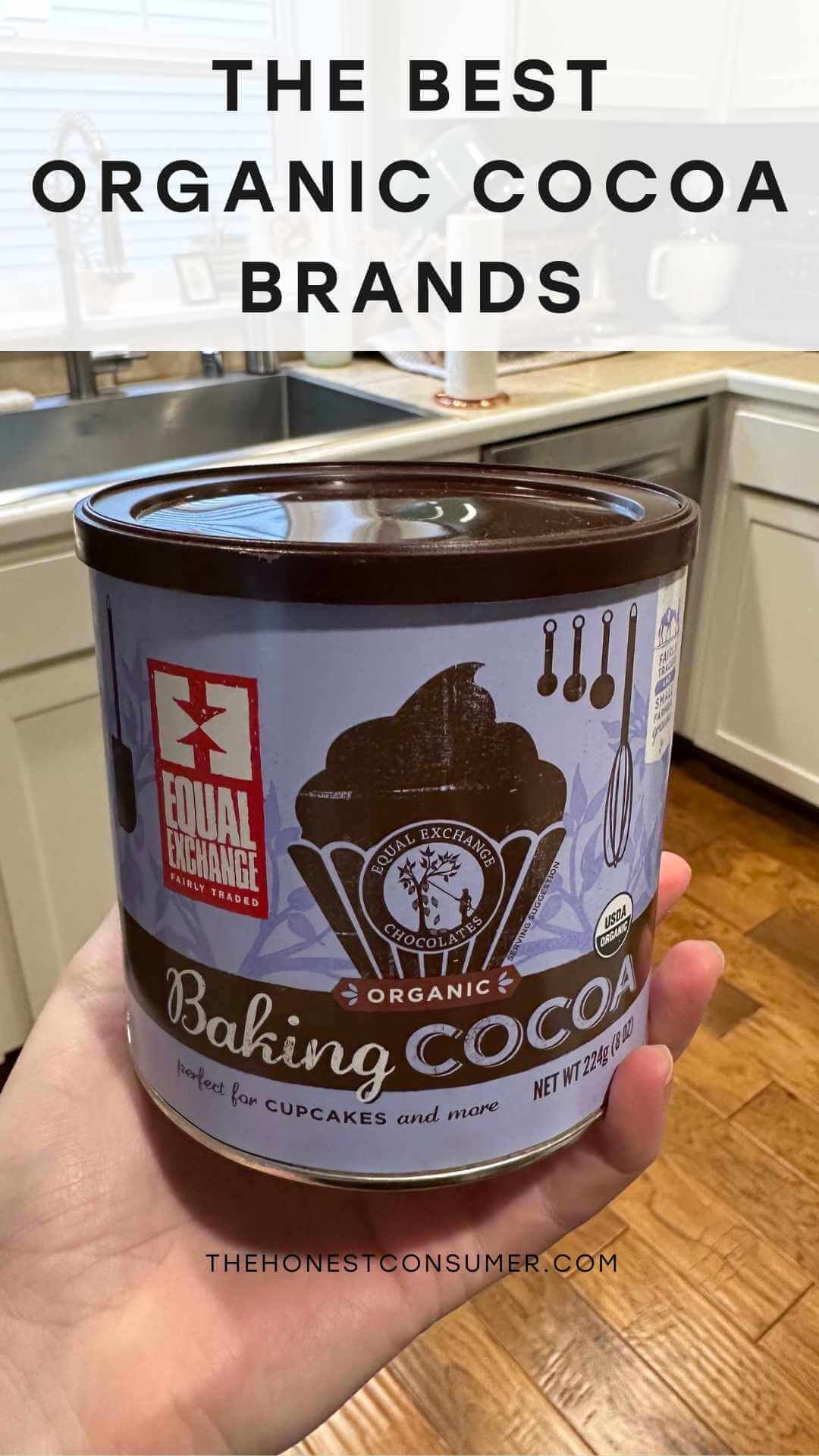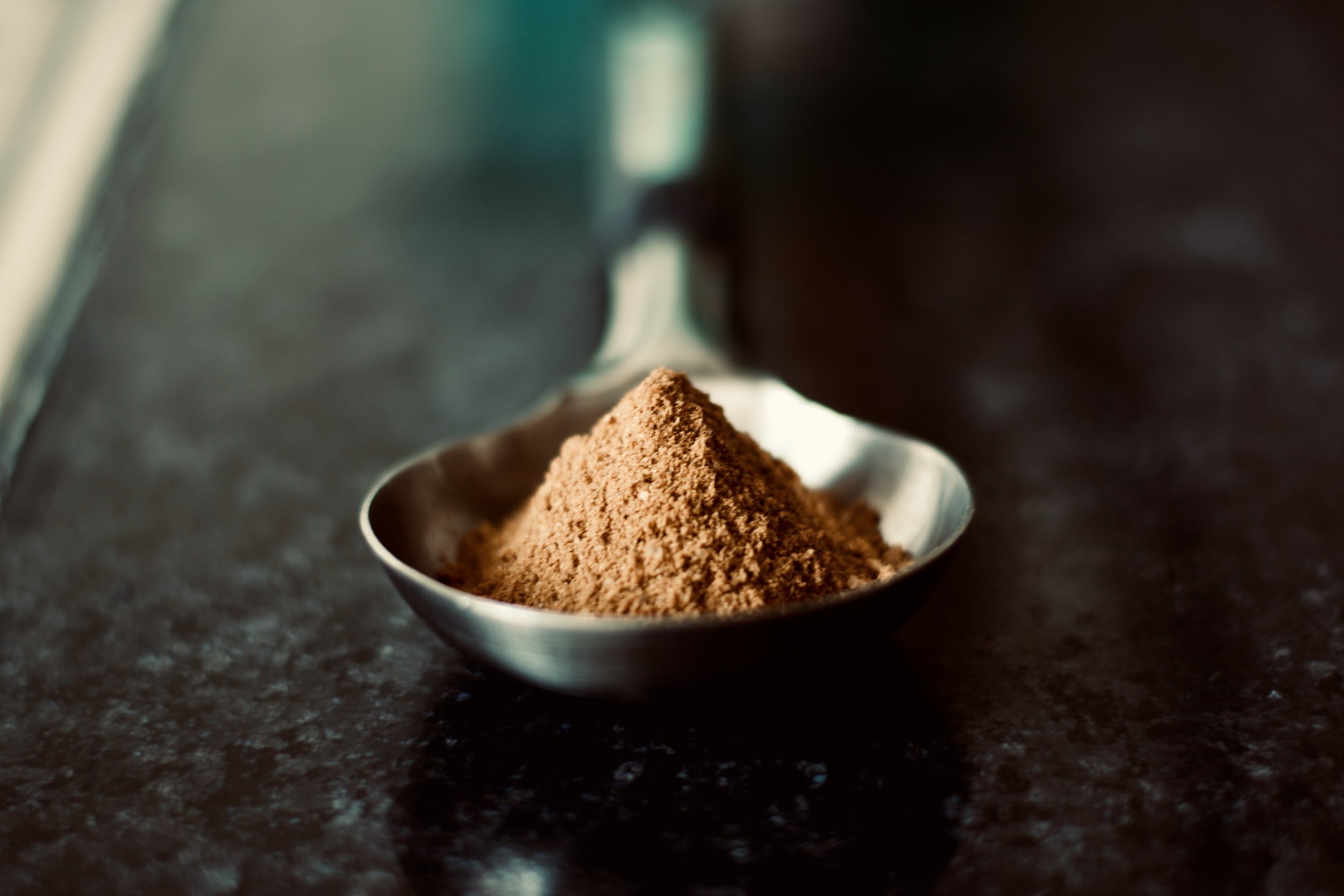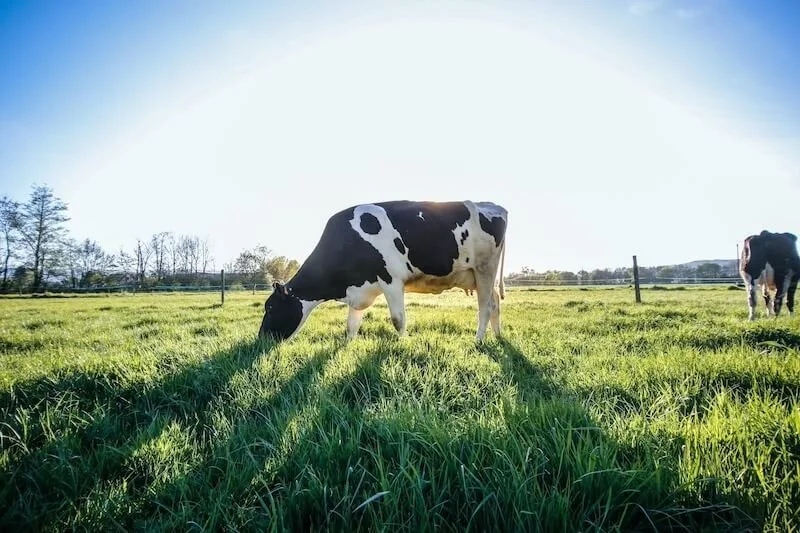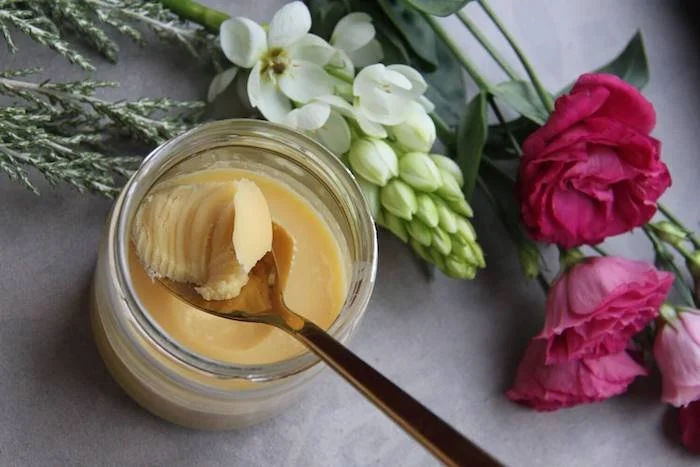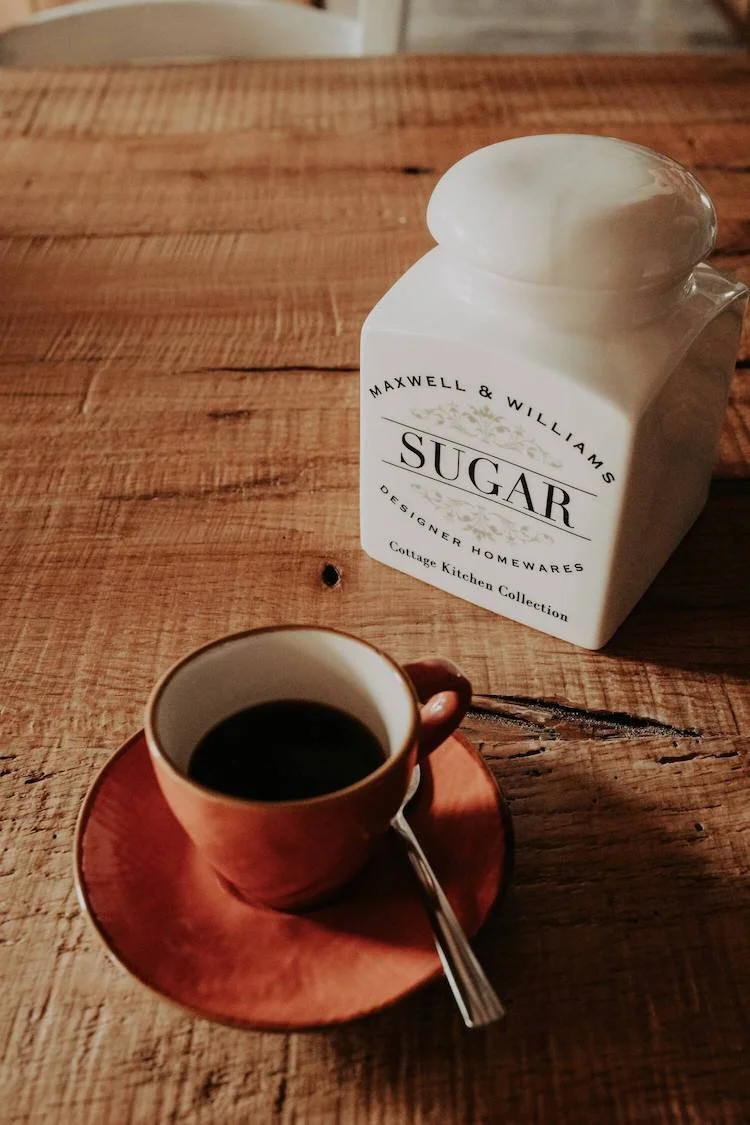The Best Organic Cocoa Brands for Hot Chocolate & Baking
Avid bakers will be familiar with cocoa powder. And if you’ve ever tried to make a cup of hot chocolate with it, you’ll know it’s quite different from the chocolate powder normally used for such drinks.
This guide will features a list of recommended organic cocoa brands and explores the sustainability of cocoa powder.
Pin this organic guide for later!
This post does contain affiliate links. The Honest Consumer will receive a commission if you decide to make a purchase. Our commission is at no additional cost to you.
The Best Organic Cocoa Powder Brands
If you're ready to find some amazing organic unsweetened cocoa powder options, this list is for you!
I've personally tried most of these brands and they all have great customer reviews. Some of these organic brands can even be found at a grocery store near you or an online grocery store.
Equal Exchange Organic Baking Cocoa
Price Range: $8-$12
For all the bakers, Equal Exchange’s organic, fair trade baking cocoa powder is a perfect addition to your pantry.
Made from cacao grown by co-ops in the Dominican Republic, Equal Exchange buys directly from the farmer-owned manufacturing facility.
Processed with alkali, the cocoa powder is certified kosher and USDA Organic. This is my personal go-to organic cocoa powder.
I purchase it at Thrive Market, but I know it's also available at Kroger, Whole Foods, and Amazon. I use this for hot chocolate, baking, and cooking and it's always high quality.
They also have amazing options like Spicy Hot Chocolate mix and a Dark Chocolate mix! These are great options for the holidays when you're craving hot cocoa with that rich chocolate flavor.
Why I Love This Brand: This is my go-to regular organic cocoa brand that is almost always in my kitchen. I love Equal Exchange’s values and how easy it is to find at the grocery store. I’ve used this to bake many things including brownies, cakes, and make hot cocoa, it’s always a high quality product.
CocoaX’s Organic Cocoa Powder with Espresso
Price Range: $9-$14
CocoaX offers organic cocoa powder with the addition of espresso for an incredible flavor. This woman owned cocoa brand is certified organic, Kosher, and gluten free. CocoaX sources their ingredients from farms with ethical standards.
Their cocoa powder can be purchased at select stores including Kroger, HEB, Stop & Shop, and online at their direct website & Amazon.
Along with their cocoa powder CocoaX also offers cold brew.
CocoaX has some great recipes for bakers on their website!
Why I Love This Brand: I’ve tried CocoaX’s cocoa powder and I love the taste combo of espresso & chocolate! This cocoa can add extra flavor to any baked goods! Plus, I LOVE that this is a woman owned brand!
Anthony's Organic Cocoa Powder
Price Range: $14-$30
Specializing in high-quality organic food, Anthony’s offers an abundance of good foods such as nuts and seeds, as well as superfood powders like turmeric root powder, beetroot juice powder, and California spirulina powder.
Anthony’s unsweetened, non-alkalized organic cocoa powder is certified USDA Organic by California Certified Organic Farmers and contains no preservatives or artificial ingredients.
I've haven't personally tried this brand of cocoa powder yet, but it has some of the best cocoa powders reviews with customers describing it as "great for hot chocolate," an "excellent choice," and "amazing."
Why I Recommend This Brand: I appreciate that this cocoa brand comes in a range of size options. Anthony's Organic cocoa powder can be purchased in a range of size options including one pound for $14, two pounds for $17, and a five pound bag for $30.
Whole Foods 365 Unsweetened Organic Cocoa Powder
Price Range: $5-6
Whole Foods 365 brand has a couple options. For bakers is Whole Foods’ 365 unsweetened organic cocoa powder is great AND they have an organic hot cocoa mix.
Made from fair trade cocoa beans, the unsweetened organic cocoa powder is processed with alkali and unsweetened. It is also certified organic and certified kosher.
This cocoa powder is Fair Trade Certified. I've personally used the hot cocoa mix and the regular organic cocoa powder. These were both great for making hot chocolate and baking.
Why I Love This Brand: I appreciate that this cocoa is organic and fair trade certified. Plus, it’s easy to find at Whole Foods or on Amazon.
What is Cocoa Powder?
Cocoa powder is unsweetened chocolate. It is made by removing fat from cacao beans during processing.
This fat is called cocoa butter. The leftover solids are ground into cocoa powder, which is a fine powder used to add chocolate flavor to desserts like cakes, fudge, brownies, cookies, and ice cream.
You can use it to make a mug of hot chocolate, but simply adding hot water will leave you with a very strong, bitter beverage.
You’d need to add milk and sugar, and perhaps even a dash of vanilla essence, to make it more palatable.
Different Types of Cocoa Powder
There are two types of cocoa powder: Dutch process and natural.
The latter may not be labeled as such – instead search for labels that say “unsweetened”, “pure”, or simply “cocoa powder”.
Natural cocoa powder tends to be acidic, bitter, and fruity in flavor.
Dutch process is usually darker and mellower, because it has an alkalizing agent added to reduce the acidity.
This agent can vary from brand to brand, as can the processing, resulting in different Dutch process varieties.
These include red and black cocoa powder, the latter of which is used to make Oreos. Dutch process is often labeled as “alkalized” or “processed with alkali”.
What you’re baking affects what you’ll buy. If a recipe calls for baking soda, buy natural cocoa powder.
Baking soda is an alkali, so combining it with natural cocoa creates a leavening action that helps batter to rise during baking.
What's the Difference Between Cocoa and Cacao?
Read labels carefully so you do not inadvertently buy cacao powder. While cacao powder is also made from cacao beans, the difference is that the whole bean is ground and processed.
Additionally, it is processed at a lower temperature, so it is considered “raw”.
This creates a more bitter taste and makes for a creative alternative to paprika in barbecue sauce or chili.
If you're looking for organic high-quality cacao powder options consider Navitas Organics cacao powder, Viva Naturals, Milliard, and other organic brands found at your local store.
Does Cocoa Powder Have Health Benefits or Impacts?
Not only is cocoa powder a delicious addition to your pantry, but it has some health benefits too when used in moderation.
Be sure to choose a brand of cocoa powder that is unsweetened to maximize the benefits.
Cocoa powder is rich in naturally occurring antioxidants known as polyphenols which have been linked to health benefits such as improved mood, reduced inflammation, better blood flow, lower blood pressure, and improved cholesterol and blood sugar levels.
These positive impacts may help lower the risk of heart disease. Furthermore, cocoa powder’s goodness has been linked to improved cognition, stronger immunity, and improved muscle and nerve function, as well as better weight control.
However, processing and heating cocoa can reduce these properties. Additionally, adding sugar and fats also reduces or counters good impacts.
Keep in mind that besides what may have been added to the powder, you’re probably also adding plenty of sugar when making baked goods, desserts, and drinks, which can also reduce its goodness.
When buying cocoa powder, look for products that contain 60 to 70% cocoa and make sure no sugars, stabilizers, or anti-caking agents have been added.
Cocoa also contains cadmium. This is a heavy metal that is harmful to kidneys and can increase the risk of cancer, as well as bone density problems.
While cacao contains minimal amounts of cadmium, it is bioaccumulative, meaning its presence builds up in our bodies over time.
This does not mean you need to stop using cocoa powder.
Cadmium is found in other foods too, such as cereals and even vegetables.
It’s also present in cigarette smoke – so if you’re going to cut something out, rather make it your smoking habit.
As with many things, we need to moderate our intake, especially as chocolate is popular with all ages, including children.
Environmental Impacts of Cocoa Powder
The environmental impacts of cocoa powder are far more extensive, exacerbated by the rising demand for chocolate.
West Africa and South America are the leading exporters of cocoa, which results in the clearing of land to make space for cocoa plantations leading to deforestation and biodiversity loss.
Ghana is estimated to have lost 65% of its forrest and Côte d’lvoire as much as 90%, with much of this loss attributed to cocoa farming.
When land is cleared we lose carbon sinks and carbon is released into the atmosphere, contributing to human-induced climate change.
As temperatures rise, cocoa farmers need to find better-suited areas for plantations, forcing them to move elsewhere, thus clearing more land and moving into places that could further displace biodiversity, as well as other types of farming.
It takes a year for a cacao tree to produce the cacao needed for half a pound of chocolate and older trees yield less. In an effort to increase production, more trees are planted.
This means further loss of land. And since harvesting and processing cacao is labor-intensive, it has become an industry rife with child exploitation.
Environmental ramifications continue with the production, transportation, and consumption of cocoa.
Energy and water are required for manufacturing, and transportation results in emissions.
Finally, there is the packaging needed which takes resources to make and is then thrown away once a tin, box, or bag of cocoa powder is finished.
Why is Organic Cocoa Powder a Better Choice?
Growing cacao beans organically can lower emissions, reduce harsh chemicals from synthetic fertilizers and pesticides, and reduce energy use.
However, this must be coupled with efficient transportation and sustainable packaging, otherwise the benefits may be negated.
Keep in mind that natural cocoa powder is not necessarily organic. Organic refers to the way cacao beans are grown and manufactured.
Whether you're using cocoa powder to make hot cocoa, chocolate cake, or other chocolate recipes, we hope this guide has helped you find some delicious cocoa from different brands with responsible practices.
For more ethical & sustainable fashion tips be sure to follow The Honest Consumer on social media, subscribe to our newsletter, & check out the Ethical & Sustainable Brand Directory.

